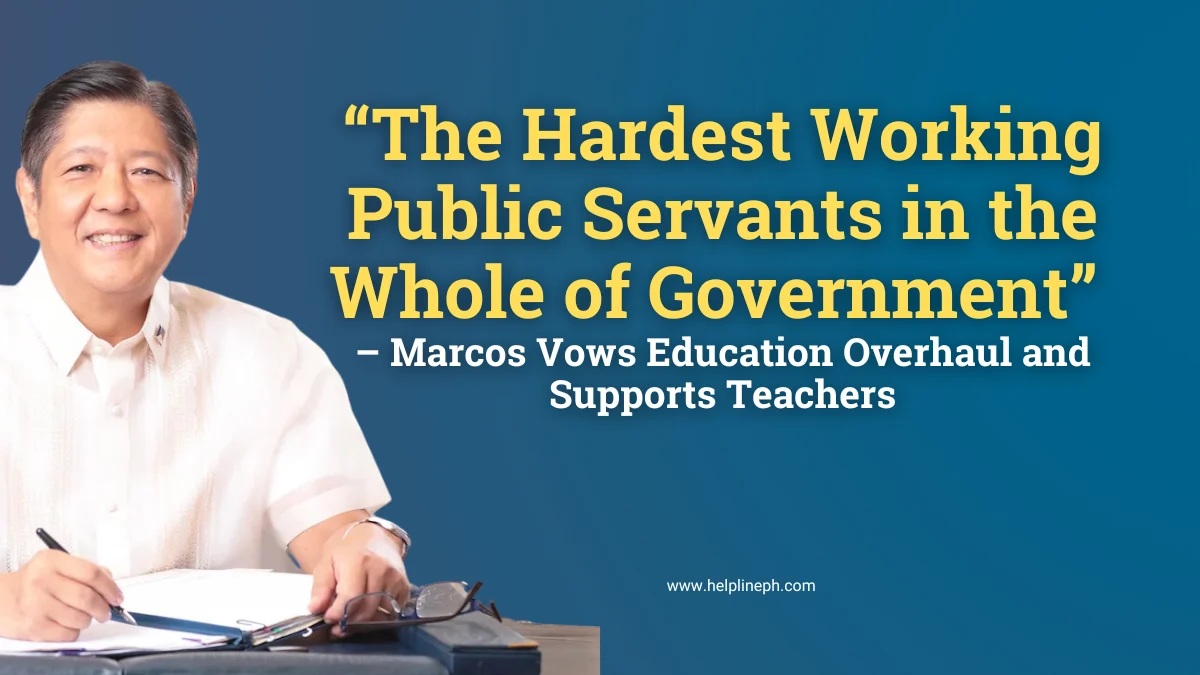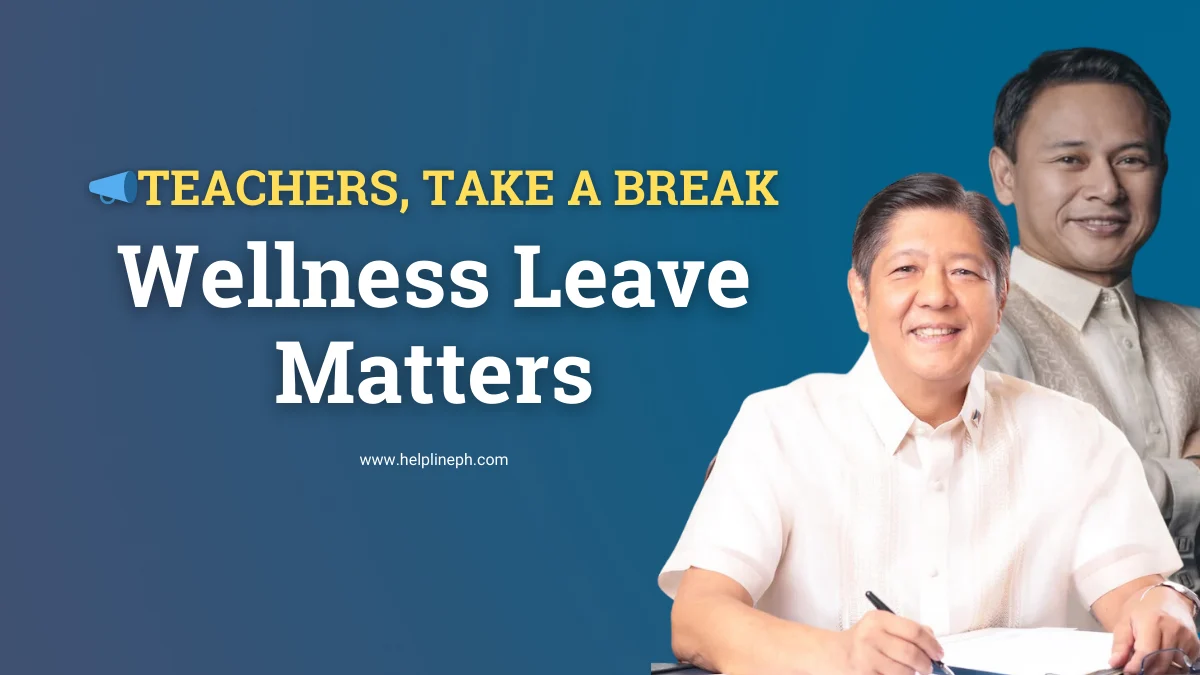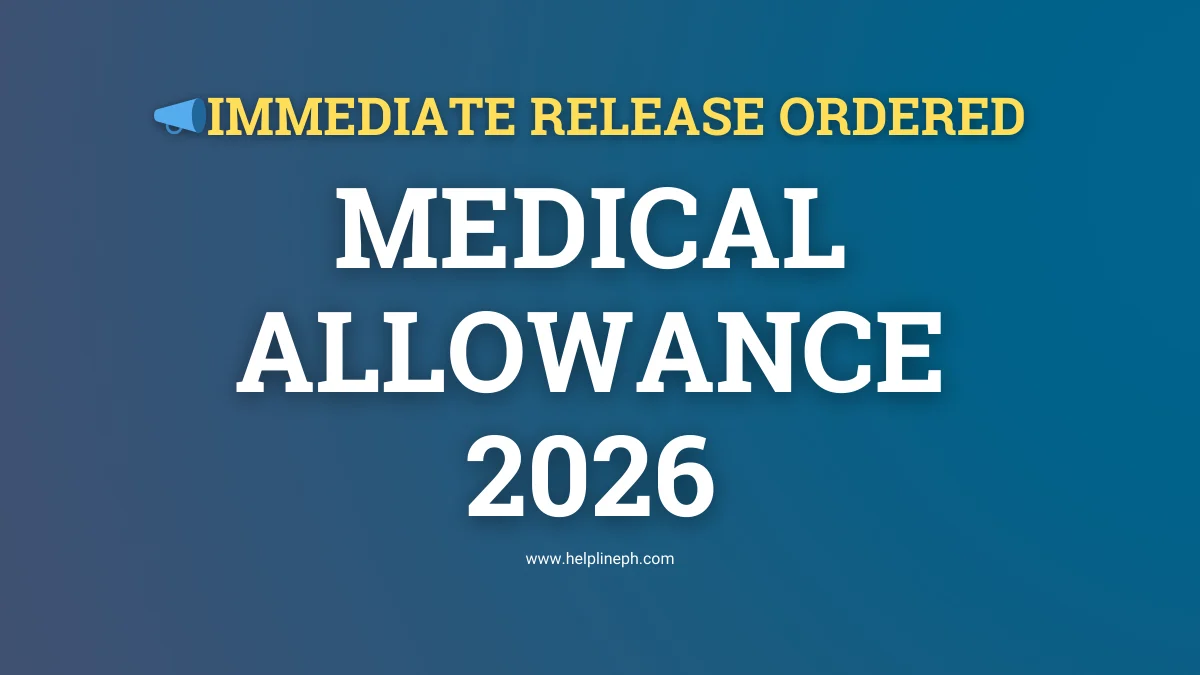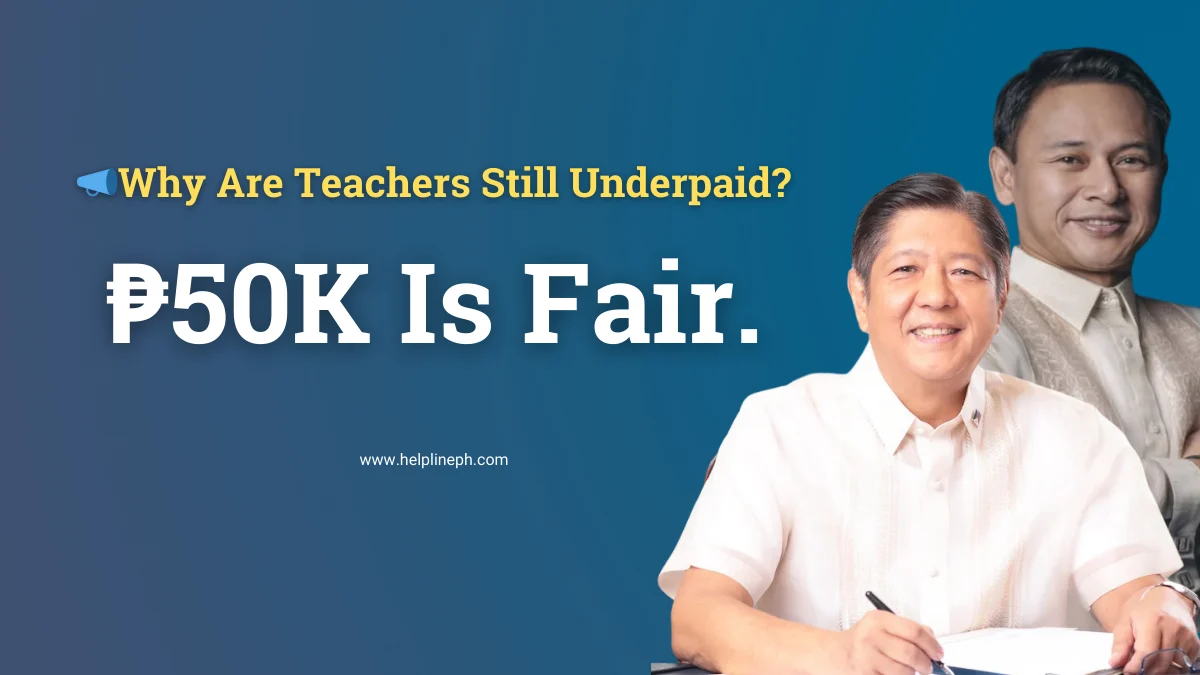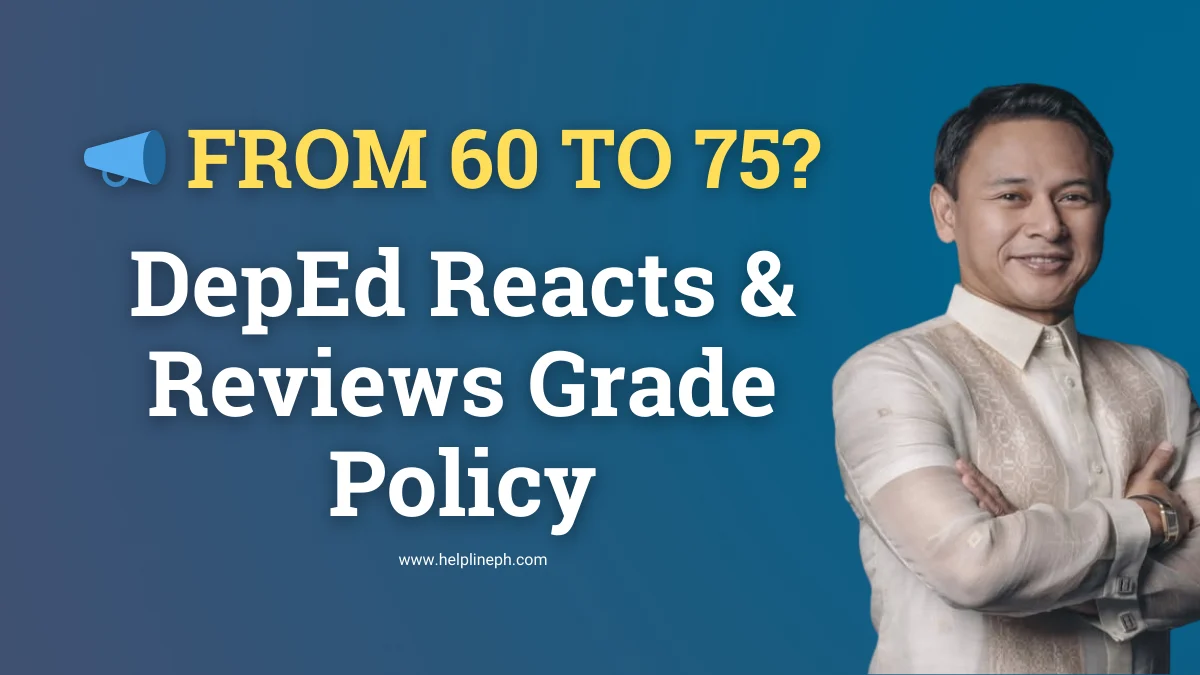Focus Keyword: hardest working public servants are at the center of President Marcos’s recent education pledge. In a June 19, 2025 speech, he praised teachers and announced plans to improve K‑12, build more classrooms, and work with private groups to train students in job-ready skills—all to benefit teachers and pupils.
Why Teachers Are Heroes
Marcos called teachers “the hardest working public servants in the whole of government.” He said, “You are the ones we idolize, you are the heroes for me. Expect that I know how heavy your work is.” He spoke of his personal respect for their daily efforts and challenges.
Improving the K‑12 System
While acknowledging problems—such as extra costs for parents and students finishing senior high struggling to find jobs—Marcos did not call for scrapping K‑12. Instead, he told Secretary Sonny Angara: “let’s really improve it while it’s still there.”
- The law remains K‑12, and reform, not removal, is the immediate goal.
- Critics worry about extra years adding to costs and not boosting job chances. Marcos understands these concerns.
Private Sector Partnerships for Skills
To link education to job readiness, Marcos plans to:
- Ask companies: “What skills do you need? What kind of worker do you need?”
- Let private firms design training and offer jobs to graduates with needed skills.
This public–private plan aims to better align school learning with real jobs.
Building Classrooms and Supporting Teachers
Marcos highlighted a classroom shortage—about 160,000 missing rooms, with many old ones dating back to the 1970s and overdue for repair.
He recalled how, as governor, he saw teachers selling goods to students because their salaries were delayed. That memory fuels his promise to:
- Lower teachers’ administrative load.
- Hire many new teachers.
- Offer continuous retraining and reeducation on new teaching methods.
- Encourage public–private partnerships to build more classrooms.
Rethinking Teacher Performance Audits
Marcos criticized the current audit system that judges teachers mainly by how many students pass exams. He argued this pushes teachers to inflate grades:
- Failing many students = poor teacher score.
- Passing almost everyone = good teacher score—even if students can’t actually read.
His plan: tie teacher evaluations to real student learning outcomes, not just pass rates.
Direct Support for Teachers
Marcos promised the government will:
- Praise and honor teachers as heroes.
- Offer financial support like the cooperatives he helped start, which help teachers avoid debt.
- Ensure better classroom conditions and fair pay delivery.
- Support programs that train teachers in new technologies and teaching strategies.
He concluded: “You can count on this administration … we will help you as much as possible so that our beloved children will become good, intelligent, and knowledgeable.”
Why This Matters
- Teachers are key to raising education standards.
- Better-trained, well‑supported teachers mean smarter students.
- Aligning skills with market needs can reduce joblessness among graduates.
- Infrastructure upgrades combat overcrowded, outdated facilities.
Frequently Asked Questions (FAQs)
Will K‑12 be abolished?
No. Marcos wants to improve the K‑12 system, not end it.
How will the reforms help teachers?
By reducing paperwork, hiring more teachers, improving pay, offering training, and building new classrooms.
What changes to teacher audits are planned?
Evaluations will focus on student learning, not just pass rates, to avoid grade inflation.
What is the private sector’s role?
Companies will tell schools what skills they need, help run training, and hire graduates with those skills.
When will classrooms be built?
Marcos highlighted a need for 160,000 more classrooms. Projects will roll out under this education overhaul.
President Marcos described teachers as the hardest working public servants, promising a full education overhaul: improved K‑12, better audits, more classrooms, and stronger support for teachers. His goal: empower educators so that Filipino children become good, intelligent, and knowledgeable citizens.
